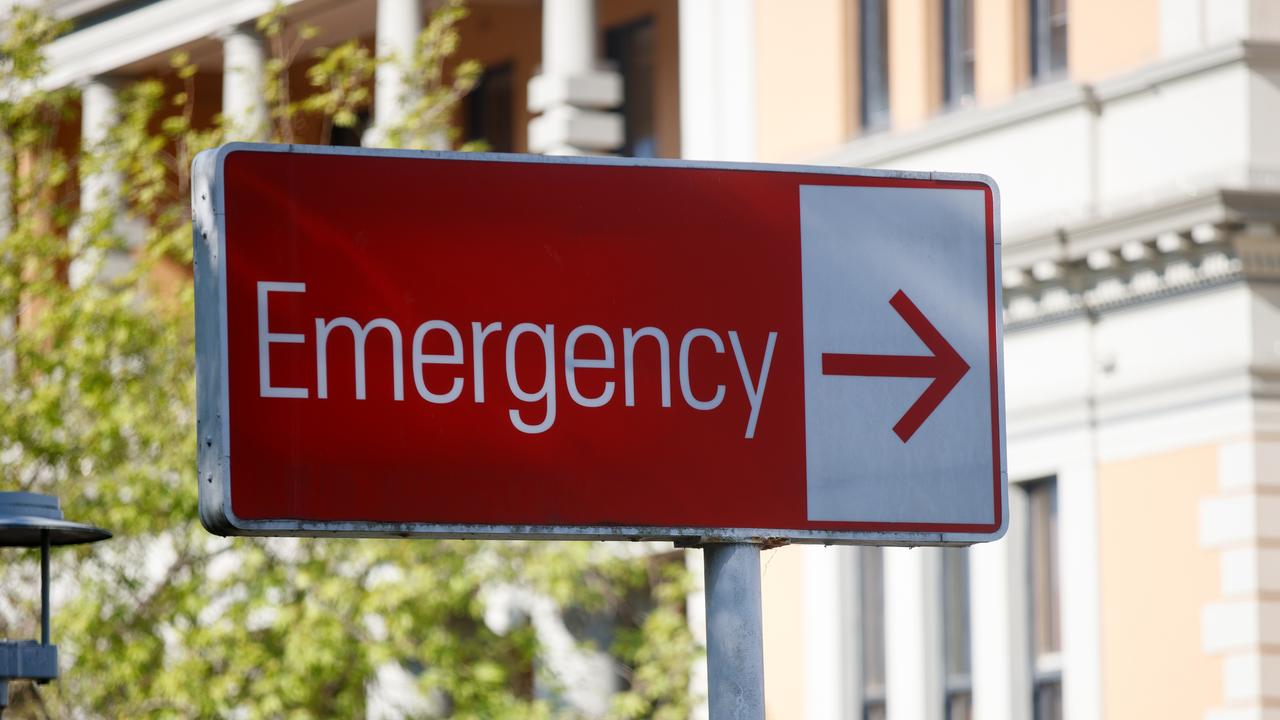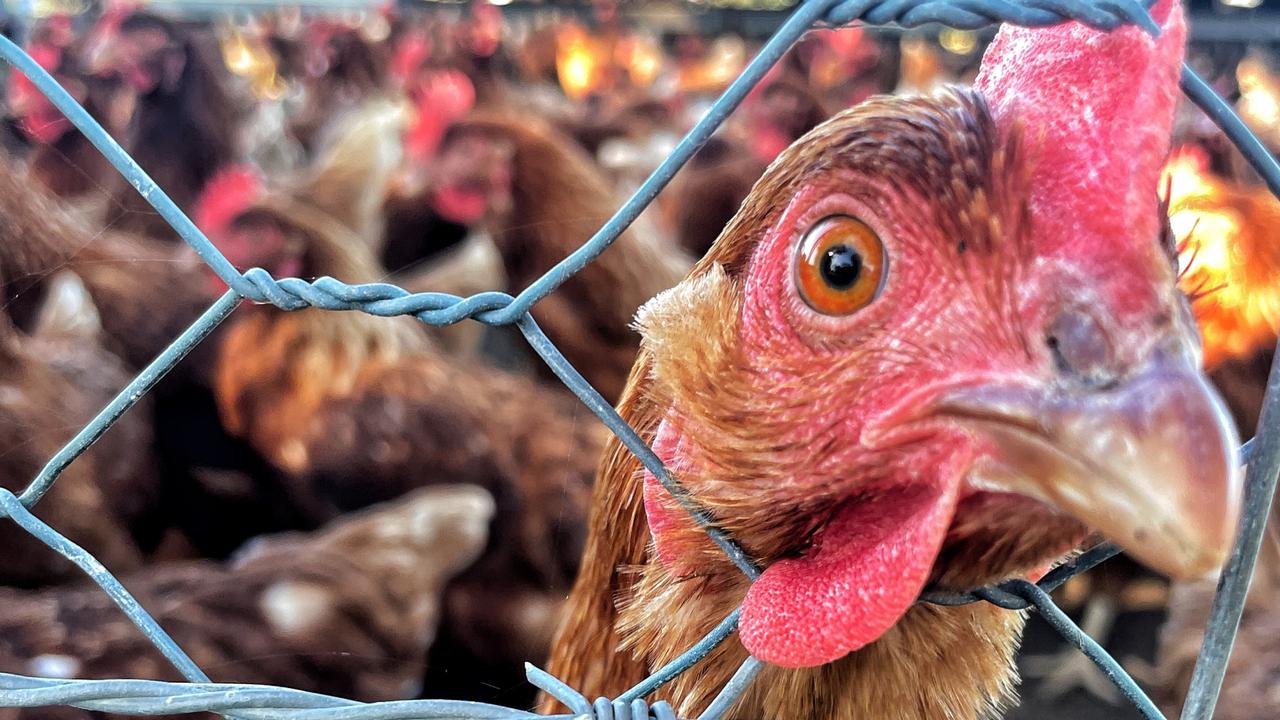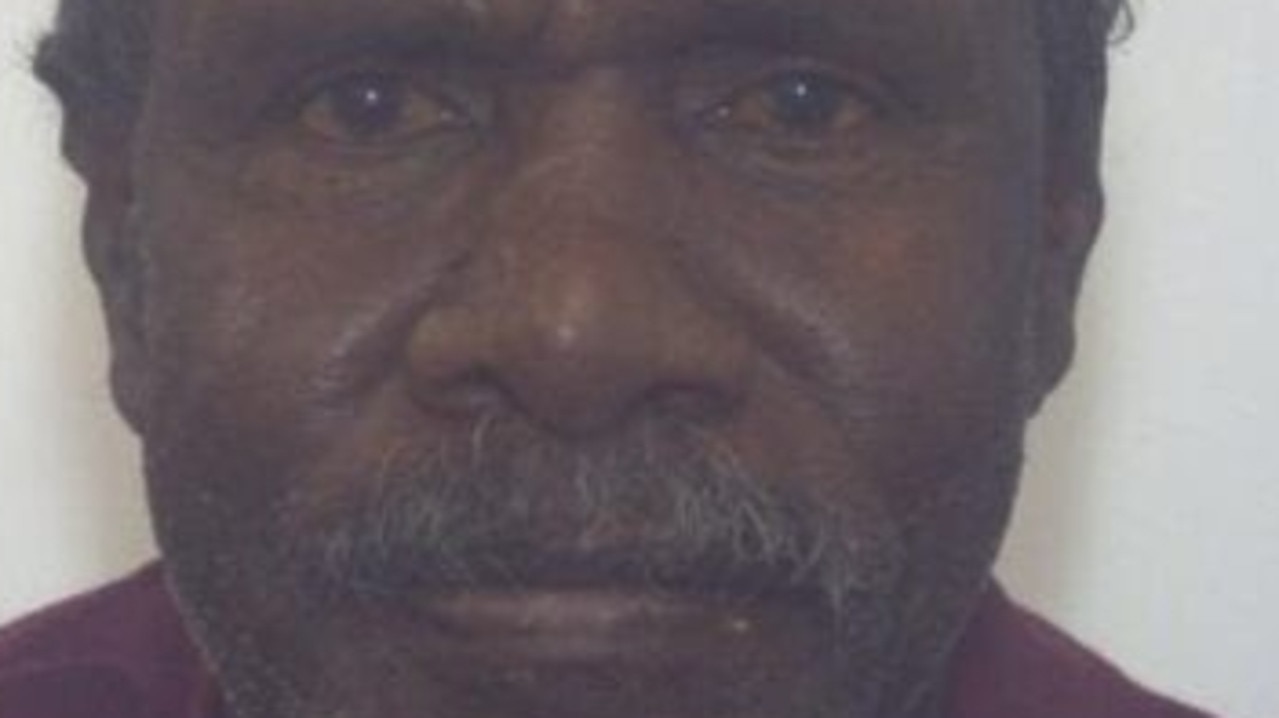Coronavirus Australia: Experts reveal the habits we’ll live with forever
Experts have revealed the pandemic habits we won‘t shake, even after COVID-19 becomes just a long and distant memory.
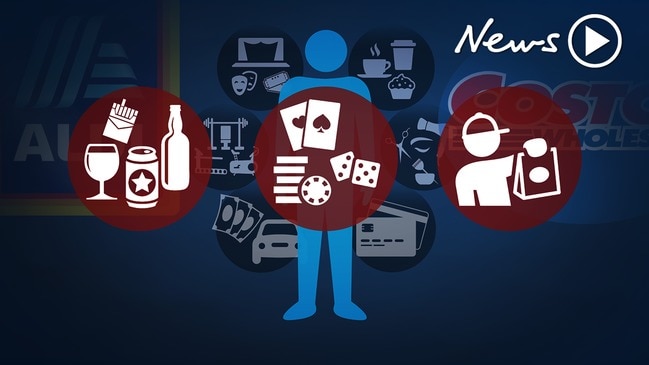
Back when my grandma was alive, she would always wrap her leftover food in a napkin and shove it in her handbag to take back home with her. Often the napkin would become soggy and leak, but she kept doing it until the day she died.
It seemed strange and pretty gross to me, but she explained it was something instilled into her during World War II, where no food should ever go to waste.
So what are some bizarre traits we’re going to pick up as a result of the COVID-19 pandemic, that future generations won’t understand?
Professor Deborah Lupton, a sociologist from the University of NSW, has been researching what post-COVID life will look like.
Nursing homes, holidaying, pets and even what we eat is all due for a big shake-up in this strange new world we now live in, according to the professor.
RELATED: Follow our live coronavirus updates here
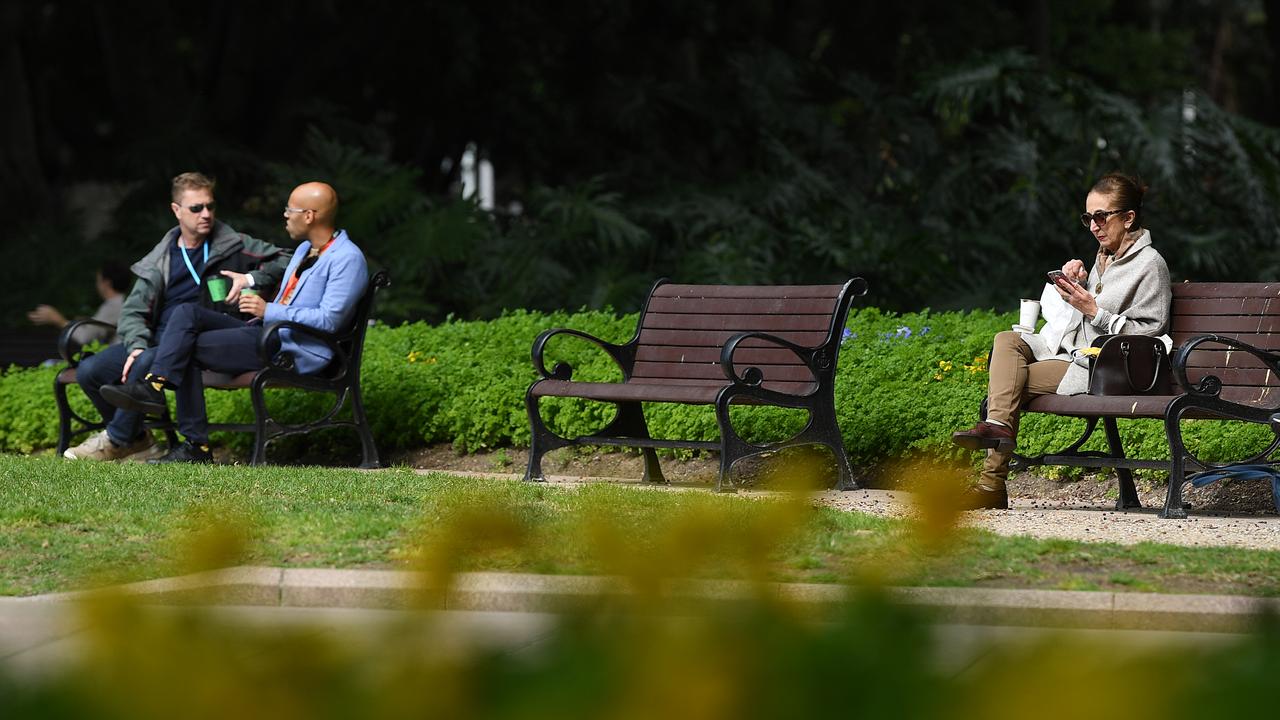
RELATED: Vaccine hopes take a hit
From her as yet unreleased research, Prof Lupton’s biggest concern is the fear Australians will possess for years to come.
The professor’s study interviewed people ranging from 18-76 years old in each state of Australia, and found that fear didn’t discriminate in age.
“People might not want to socialise and travel as much,” she told news.com.au, citing xenophobia and fear of strangers as being high on the list of long-term impacts.
She said even years down the track, “there’ll still be some hesitancy … about shared spaces” such as planes and cruise ships.
We will “continue to be a bit wary of strangers and large groups of people” long after the virus is a distant memory, according to Prof Lupton.
WHAT WILL HOLIDAYS LOOK LIKE FOR THE NEXT 10 YEARS?
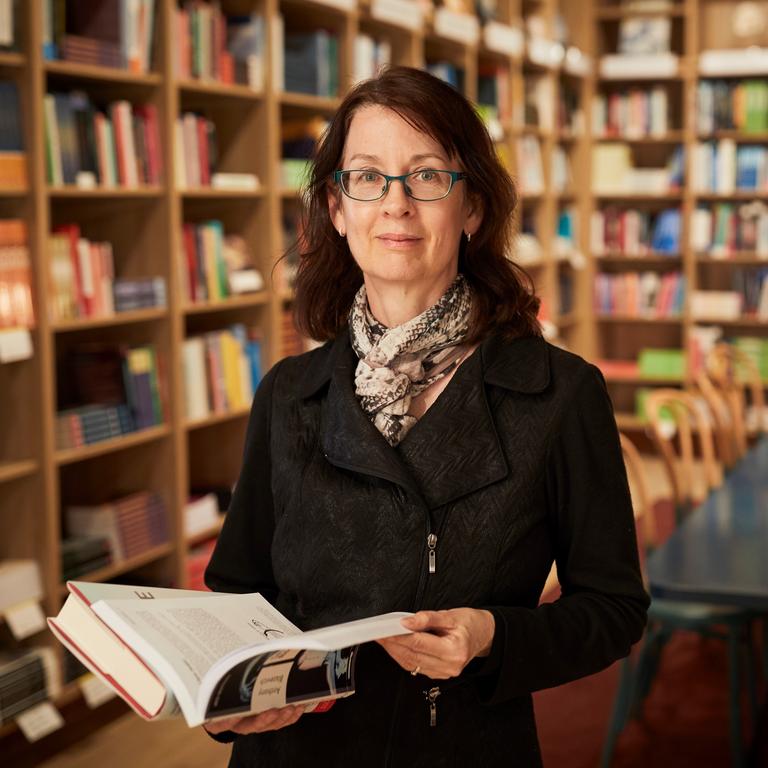
“We’re not seeing international travel happen for a long time,” she said. “People are going to be going on self-drive holidays (which is) what used to happen before air travel.”
She reckons self-contained units like camper vans or tents will become preferential to hotels or hostels.
“Buying or renting camper vans or caravans or tents, just so they have a very safe accommodation, is the near future of domestic tourism,” she explained.
“In the next year, people will stick to their own state, because they don’t want to get stuck on the other side of the border.”
RELATED: What planes could look like post-corona
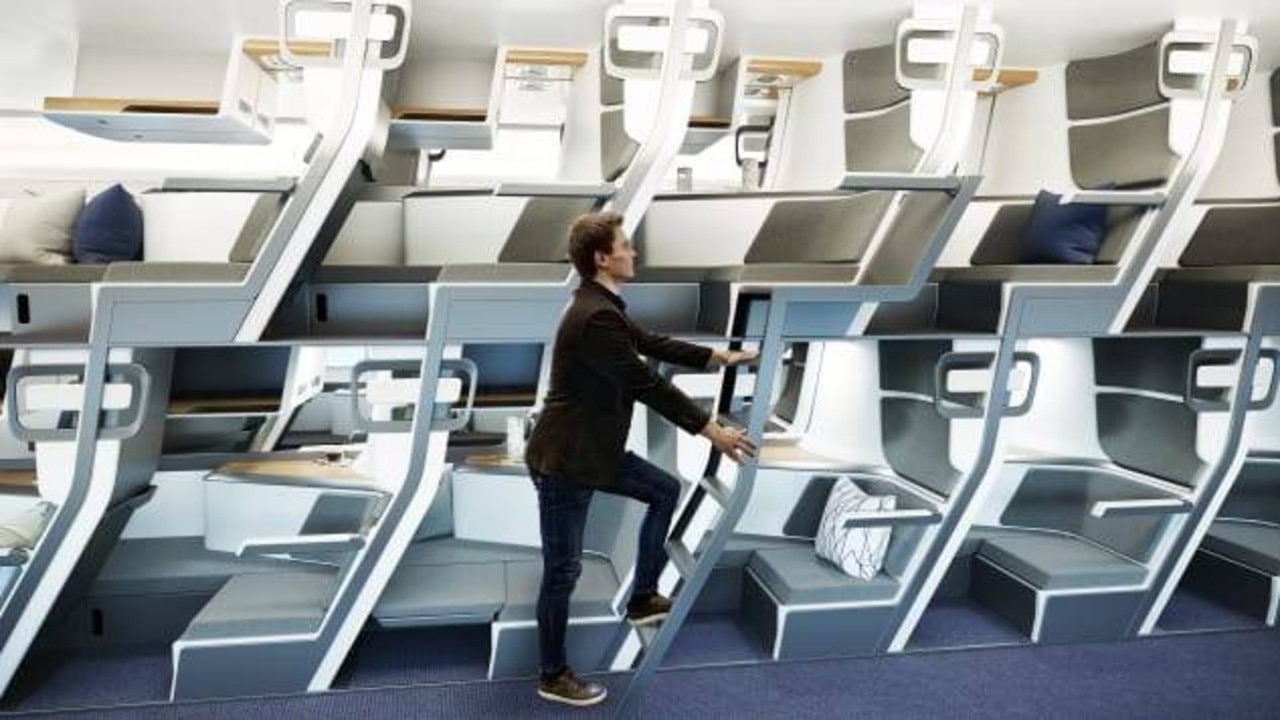
RELATED: Travel bubble between Australia and Hawaii opening up
In fact, she found that outside of NSW and Victoria, people were glad of border closures.
“For the most part people were positive about their state governments’ (response to the virus), although there’s a very different feel for federal,” she said.
“Most people were very, very supportive of border closures. They feel as if that has protected them, especially people in WA and QLD.”
A GREATER SENSE OF COMMUNITY?
But there’s a positive to the death of globalisation.
Prof Lupton observed a “greater community feeling and cohesion, as in local communities vs. national, particularly international”.
“Essentially, we learnt we need to rely on our neighbours,” she said.
Social circles were decreasing, but that’s a good thing, Professor Lupton added.
“Priorities being reassessed about how you spend your time, with whom you spend your time. People are looking out for their neighbours and close friendships into the future.”
NURSING HOMES AS WE KNOW THEM MAY BECOME THINGS OF THE PAST
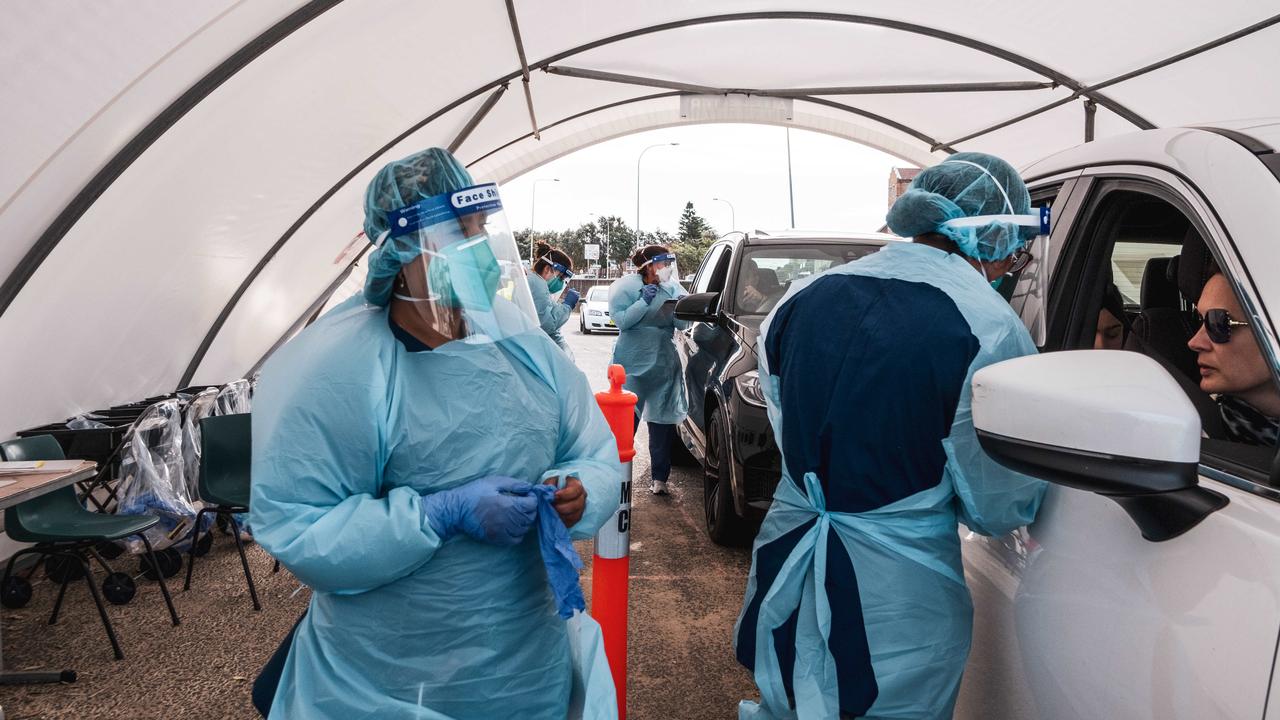
With nursing homes being absolutely ravaged by the coronavirus, Prof Lupton expects there to be a big change in the business model of delivering care to older people.
She said she’s noticed a lot of “ageing in place” businesses – meaning the carers come to you.
“I think that would become a new form of business, one that’s already starting emerge,” she said.
“Just from my own observations as a sociologist, it does seem to me that there would be more of that kind of move.”
SNACKING, LONELINESS AND HOUSE PRIDE
Prof Lupton released research earlier this month based on ABS data which found a number of changes to our daily lives because of lockdown.
“(ABS) Survey results from early May 2020 began to show how people were adjusting their lifestyles to the new routines,” the professor wrote.
“Women (56 per cent) were more likely to be working from home compared with men (38 per cent). Perhaps related to this, women were also more likely to be feeling lonely than men (28 per cent compared with 16 per cent).”
The snacking industry, perhaps unsurprisingly, has been skyrocketing during these times.
“From early April to early May, one in five people reported eating more snack food, while 13 per cent of respondents were eating more fruit and vegetables,” Prof Lupton said.
“Forty-one per cent of respondents said they were spending more time on household chores and other work around the house and garden.”
NEW-FOUND APPRECIATION OF PETS
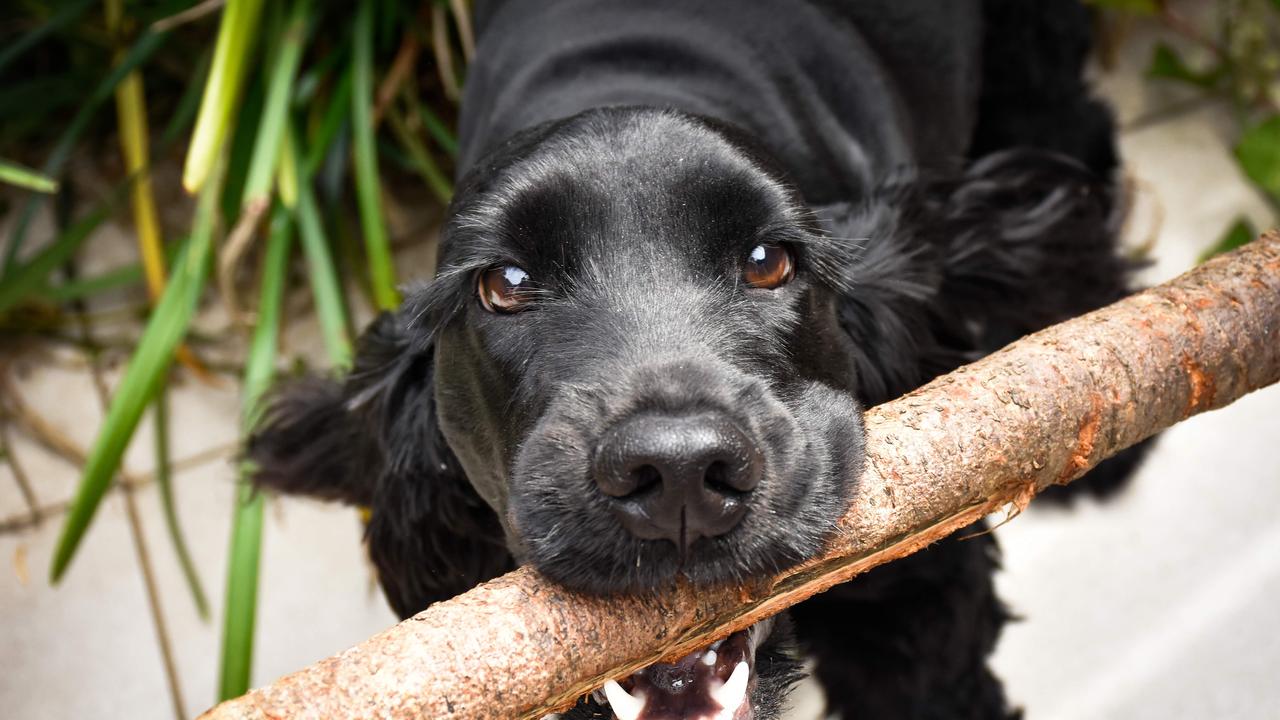
Another survey found that pets are serving a crucial role in Australian society during the pandemic.
A dog parasite prevention company, NexGard SPECTRA, surveyed 1038 dog owners in June and found that seven in 10 didn’t think they would have survived lockdown without their dog.
Pet sales skyrocketed in the early weeks of the lockdown, causing experts to fear that once the crisis is over many pets will be put up for adoption, or worse, left as strays.
Continue the conversation: alex.turner-cohen@news.com.au | @AlexTurnerCohen


